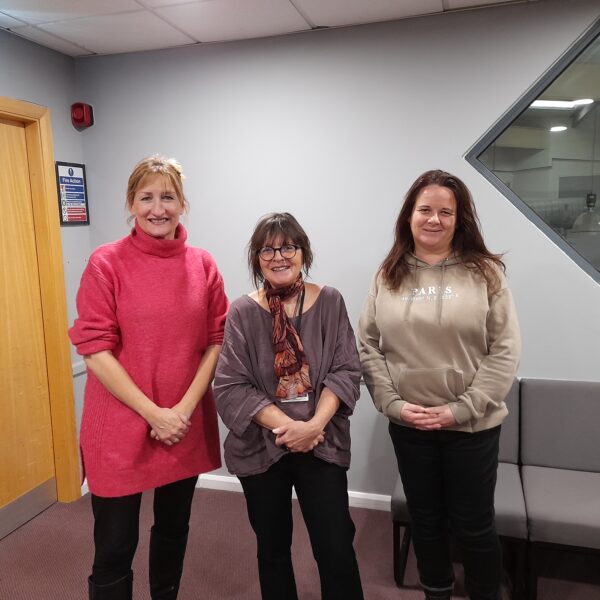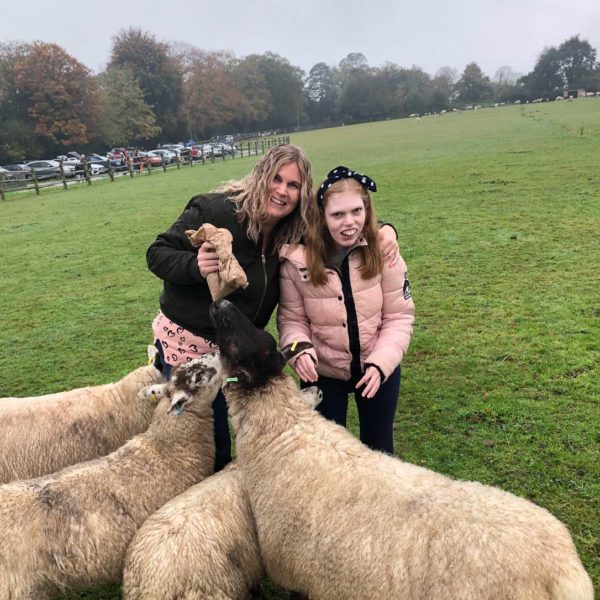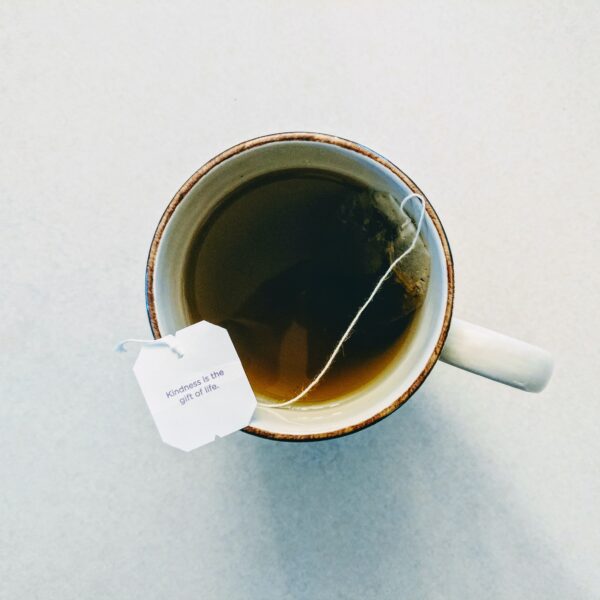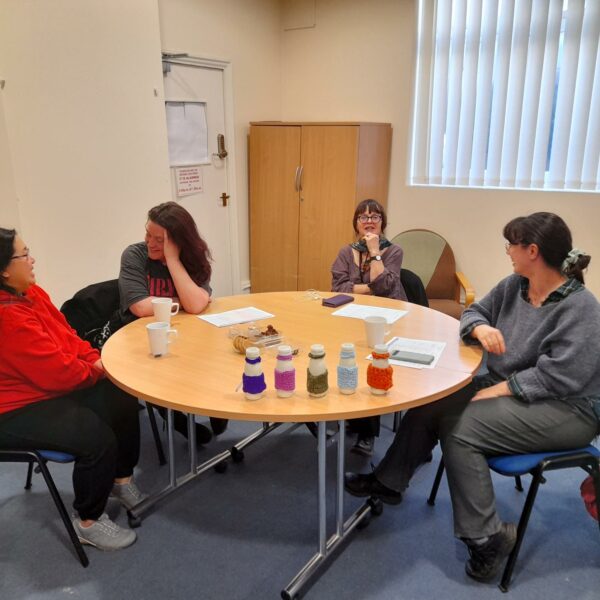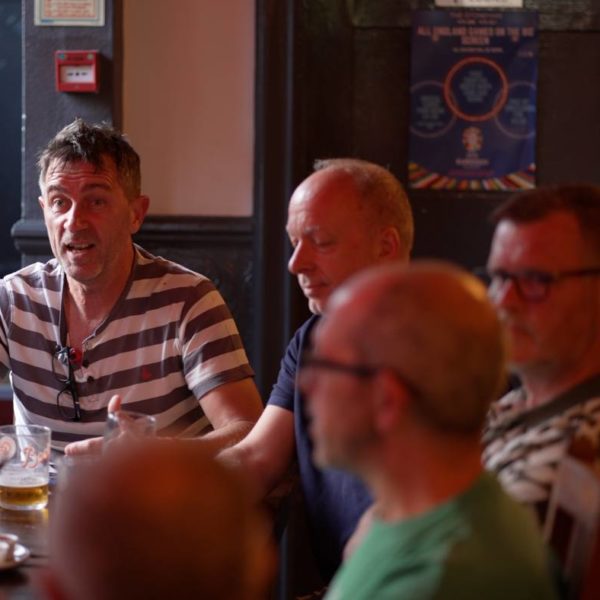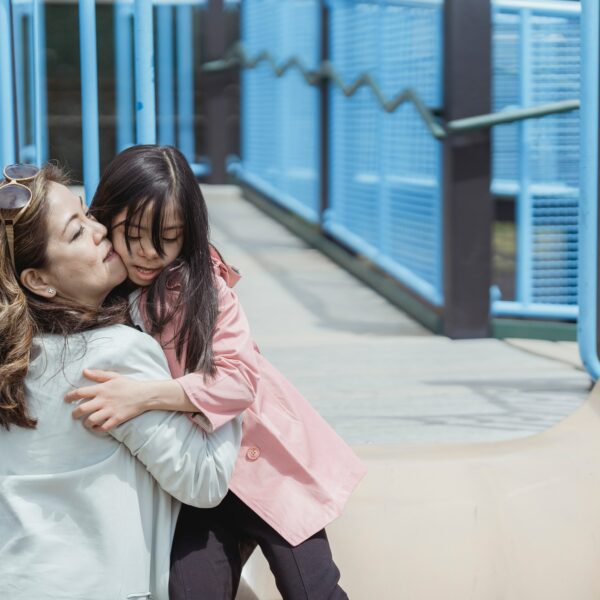Looking after the whole family
The extra demands of caring for a child with a disability or special educational needs means that parent carers are more likely to suffer from stress, anxiety or even depression. We don’t pretend to have a magic wand that can relieve the extra strain you may be under, but we do have experience of what has worked for us and many of the parent carers we work with.
Connecting with other parents and carers
Getting to know other parent carers of children and young people with SEND can make a world of difference to your wellbeing. Many of our families make lasting friendships, too.
Amaze runs parent carer support groups in locations across Brighton & Hove and East Sussex . We also run private Facebook and WhatsApp groups where parent carers can ask each other questions or just offload. Join our private Amaze Facebook group to connect with other parents right now or visit our parent carer support groups page to get details of our groups.
There are also other groups across Sussex for families with children with specific disabilities such as Mascot and T21 or any disability. Visit our parent support groups page for more information or search for groups on your Local Offer – see the useful links at the bottom of this page.
Our parent groups and befriending service also has a team of volunteer befrienders who can give you emotional support at particularly challenging times such as diagnosis. Find out more about befriending on our parent support groups page.
Join one of Amaze's groups for parents and carers in Brighton & Hove & East Sussex
See our Events page for a full list of all our groups.
Counselling and other talking therapies
Counselling isn’t offered routinely so you will need to ask for it. You could start by speaking to your GP about NHS talking therapies or refer yourself for support via these local mental health sites.
You can get information about types of talking therapies on Mind’s website. Mind also offer services in Brighton & Hove and East Sussex. Or visit Sussex Health and Care ICS website for more information on mental health support for adults locally.
You may be able to access counselling specifically for parent carers in your area. Seaside View Child Development Centre in Brighton & Hove offers a free counselling service for parent carers of under 18s who have been seen by one of the practitioners there in the last two years. In East Sussex, Holding Space runs mental health and wellbeing services for parents and carers (and siblings) including regular coffee mornings, mindfulness and relaxation sessions, and counselling.
Relate can offer free relationship and individual counselling to parents, including parent carers. Contact Relate Sussex for more information.
The therapy team at Chestnut Tree House offers counselling for parents and siblings of children who are using their services with life-threatening or life-limiting conditions and illnesses. Demelza House in East Sussex also offer counselling as part of their family support services.
For more on counselling for children and young people with SEND, see our section on mental health and wellbeing.
Getting a break
If you are not coping and it feels like your family is heading towards a crisis, you could ask for a social care assessment to see if you can get a short break. If you already have a social worker they can do this for you, or you could speak to a teacher, health visitor, or other professional who works with you or your child.
Read our information about short breaks and about social care assessments.
Siblings
Sometimes, your other children may need some support to understand more about disability or to cope with their feelings and concerns around their disabled sibling.
In Brighton and Hove, the Carers’ Centre offers activities, groups and emotional support for young sibling carers. Visit Brighton & Hove Carers Centre website.
In East Sussex, the Sibling Service (Sibs) provide short breaks and activity days for children aged 6 to 17 who have a brother or sister with a disability. Call 01323 466 050 or email [email protected] for more information.
Sibs is a national charity that provides information, advice and support for siblings of disabled children and adults. Their YoungSibs service is for under 18s; your children and young people can access excellent online information or talk to an advisor about their concerns.
Another way to connect your child with others who can support them is by attending local parent carer support groups. Their events or activities often include the whole family and give your children the chance to forge their own friendships with children with similar life experiences. See our parent support groups page.




